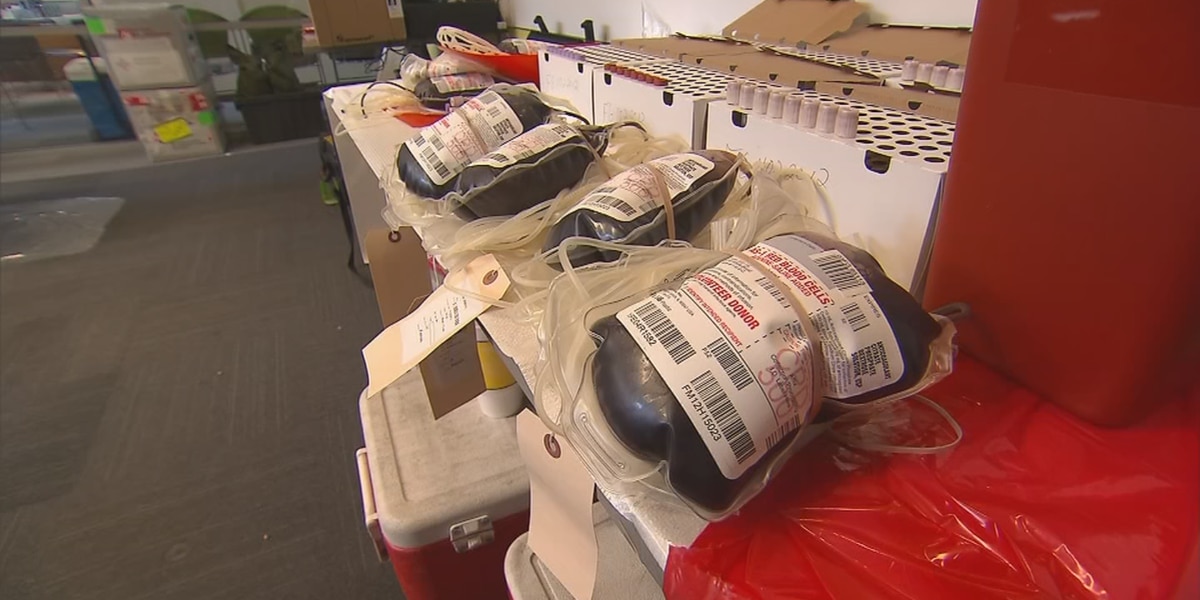Blood
LGBTQIA+ blood donors to be welcomed into centers as regulations updated
TOPEKA, Kan. (WIBW) – LGBTQIA+ donors will be welcomed into blood centers across the nation in October as the FDA updates rules on who is allowed to donate blood.
The Community Blood Center says that while the nation currently faces a blood emergency after a summer of low donations, it is hoping a change in Food and Drug Administration donor eligibility rules will lessen the blow. As of October, the region’s blood supply is well below the optimal 5-7 days worth.
While all blood types are needed, CBC said types O+, O- and B- platelets are crucially low. The Midwest is not alone either as the blood shortage is a nationwide epidemic. Multiple centers have urgently called for blood donations.
Amid the emergency, CBC noted it will soon be able to welcome a new set of donors. On Wednesday, Oct. 4, a new donor screening process will be implemented that will focus on individual donor assessments. This follows the FDA’s final guidance to establish a blood donor screening process not based on sexual or gender identity.
In anticipation of the change, the Center said it has completed the adoption of the donor history questionnaire, updated and validated computer systems regulated by the FDA, trained staff and updated operational procedures.
“For decades, we have strongly advocated for scientifically-based changes to the FDA policies regarding gay and bisexual men and this recent decision by the FDA is a huge step toward making blood donation more inclusive,” said Patsy Shipley, Vice President at Community Blood Center. “We look forward to welcoming these new donors to our centers and blood drives, especially following a tough summer with low donor turnout.”
The CBC noted that all U.S. blood centers are regulated by the FDA and must adhere to the agency’s donor eligibility policies. In 1983, the agency instituted a lifetime deferral on blood donations for gay and bisexual men to reduce the chance of HIV in the blood supply at a time it when testing was limited or non-existent.
In 2015, the Center said the FDA revised this policy and moved to a 12-month deferral for men who have been sexually intimate with other men in response to comprehensive testing capabilities and data that shows safety in shortened deferral. The policy was again revised in 2020 to the current 3-month deferral.
CBC indicated that the change is based on data from the “Assessing Donor Variability And New Concepts in Eligibility” (ADVANCE) Study, which wanted to find if different eligibility criteria could be used to focus on individual risk behavior rather than sexual orientation. The updated regulations reflect the scientific data gathered as part of the study.
Those interested in detailed information about the rule change should click HERE.
Copyright 2023 WIBW. All rights reserved.

